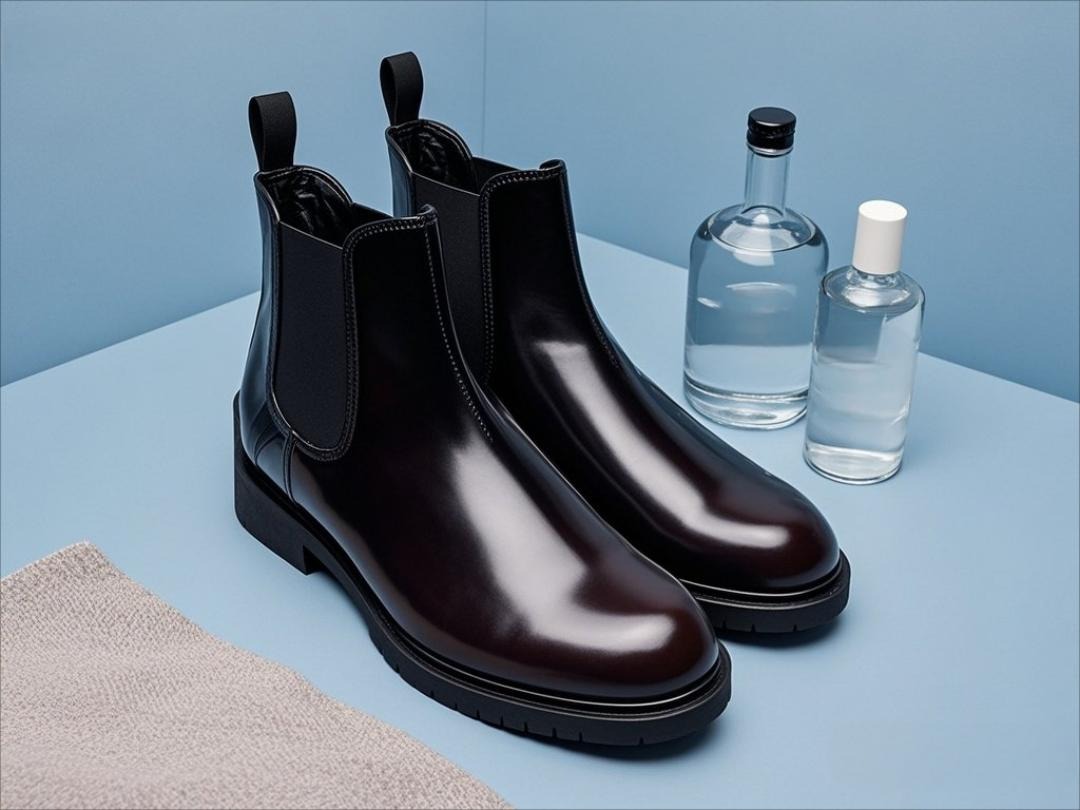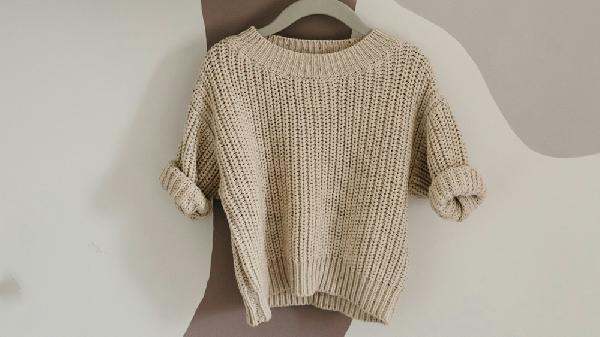If you're spending more time at home these days, you're probably thinking about how to make your space as comfortable and functional as possible. While decorating with trendy wallpaper or stylish furniture might be more exciting, one of the most impactful upgrades you can make is improving your indoor air quality. An air purifier might not be the flashiest addition to your home, but it’s a game-changer—especially if you deal with allergies, asthma, or just want to breathe easier. Even if you don’t have respiratory issues, cleaner air can mean better sleep, fewer odors, and a fresher living environment overall. To break it all down, we talked to experts about why air purifiers are worth the investment and how running one at night could seriously upgrade your health and sleep quality.
Why Your Indoor Air Might Need a Refresh
You might assume the air inside your home is cleaner than the air outside, but that’s not always the case. Dust, pet dander, mold spores, and even volatile organic compounds (VOCs) from cleaning products or furniture can linger in your space. If you’ve ever woken up with a stuffy nose or noticed a musty smell in certain rooms, poor air quality could be the culprit. And if you live in an area with high pollution or wildfire smoke, those particles can sneak indoors too. An air purifier works by filtering out these irritants, trapping them before they can settle into your lungs or on your furniture. Think of it like a vacuum for the air—except it runs 24/7, keeping things fresh without you having to lift a finger.
Allergy and Asthma Relief (Without the Side Effects)
For allergy sufferers, an air purifier can be a lifesaver—or at least a sneeze-saver. Pollen, dust mites, and pet dander are common triggers, and they love to float around your home, especially in fabrics like carpets and curtains. While antihistamines can help, they often come with drowsiness or other side effects. A good HEPA air purifier, on the other hand, captures up to 99.97% of particles as small as 0.3 microns, which means fewer allergens in the air and fewer symptoms for you. Asthma sufferers also benefit since purifiers can reduce airborne irritants that trigger attacks. If you’ve been relying on medication alone, adding an air purifier to your bedroom or living room could make a noticeable difference in your daily comfort.
Better Sleep Starts With Cleaner Air
Ever toss and turn at night, only to wake up feeling like you barely slept? Poor air quality might be part of the problem. When your bedroom air is full of dust or other particles, your body has to work harder to breathe, which can disrupt your sleep cycle. Some air purifiers also help by reducing background noise (thanks to their steady hum), creating a more soothing environment. Plus, if you’re sensitive to smells—like lingering cooking odors or that weird "old house" scent—a purifier with an activated carbon filter can neutralize them, so your bedroom stays fresh. The result? You fall asleep faster, stay asleep longer, and wake up feeling more rested.
Mold and Mildew: The Silent Saboteurs
Mold isn’t just gross—it can be harmful, especially if you’re exposed to it over time. Damp areas like bathrooms and basements are breeding grounds, but mold spores can travel through the air and settle anywhere. Breathing in mold can cause respiratory issues, headaches, and even fatigue. While fixing leaks and improving ventilation are key steps, an air purifier with a HEPA filter can trap mold spores before they spread. If you live in a humid climate or have ever dealt with water damage, running a purifier in problem areas can help keep mold at bay and protect your health in the long run.
Pets and Purifiers: A Match Made in Heaven
If you’ve got furry friends, you know the struggle of pet hair and dander all too well. Even if you’re not allergic, pet-related particles can make your home feel less fresh and even aggravate skin or breathing issues over time. Air purifiers with strong filtration systems can capture pet hair and dander before they settle into your couch or bedding. Some models even tackle pet odors, so your home doesn’t permanently smell like wet dog. If you’re a pet owner, placing a purifier in the rooms where your animals spend the most time can make a huge difference in keeping the air (and your furniture) cleaner.
Choosing the Right Air Purifier for Your Space
Not all air purifiers are created equal. Before buying, consider the size of your room and the type of filtration you need. HEPA filters are gold standard for allergens, while activated carbon filters are best for odors and VOCs. If you’re noise-sensitive, look for models with a "sleep mode" that runs quietly at night. Smart purifiers with air quality sensors can adjust automatically, so you don’t have to fiddle with settings. And don’t forget to check filter replacement costs—some brands are more budget-friendly than others in the long run. A little research upfront ensures you get a purifier that fits your needs without wasting money on features you won’t use.
At the end of the day, an air purifier is one of those underrated home upgrades that pays off in ways you might not expect—better sleep, fewer allergies, and just an overall fresher vibe. Whether you’re dealing with seasonal sniffles, pet-related messes, or just want to breathe easier, investing in clean air is a small change that makes a big difference. So go ahead, pair that new wallpaper with a sleek purifier—your lungs (and your future well-rested self) will thank you.
























